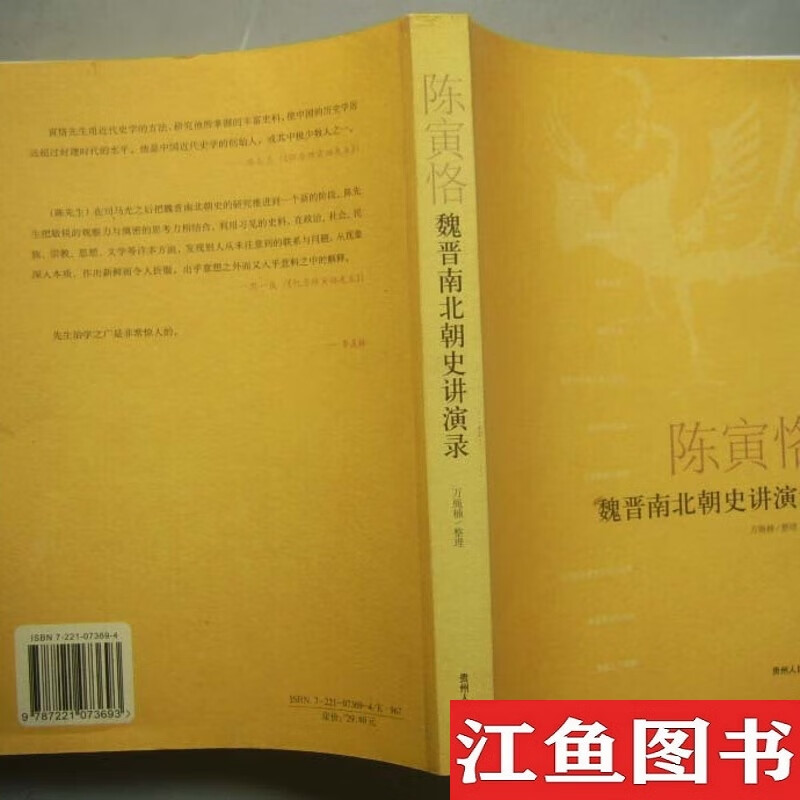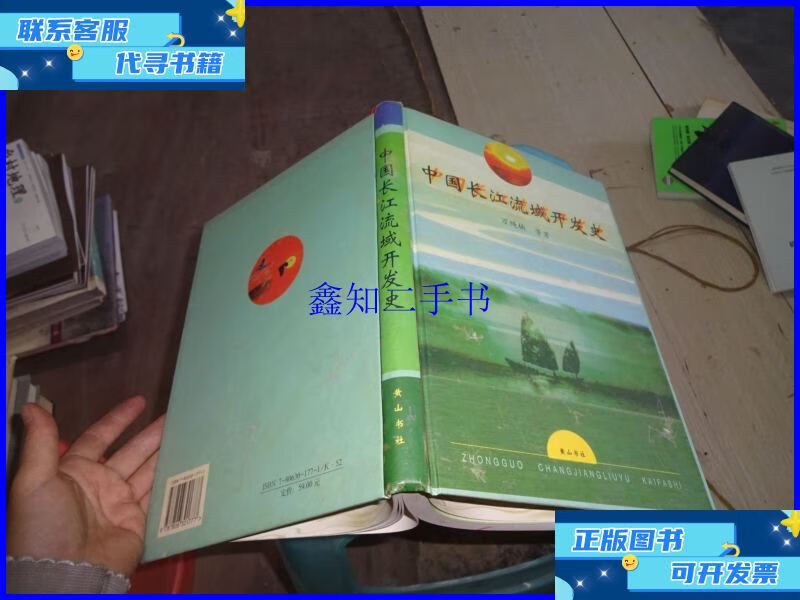The three histories of the Wei, Jin, Southern and Southern Dynasties were written in the Wei, Jin, Southern and Southern DynastiesMachilus wanshengensisIt is mainly divided into three historical stages: the Three Kingdoms, the Two Jin Dynasties and the Northern and Southern DynastiesMachilus wanshengensisDue to the long-term feudal separatism and continuous wars, the development of China's culture during this period was particularly affected. Its outstanding manifestations were the rise of metaphysics, the import of Buddhism, the boom of Taoism and the penetration of Persian and Greek culture into the Three Kingdoms includingMachilus wanshengensisThe Wei, Shu and Wu were the branches of the Jin Dynasty established by Cao Pi, Liu Bei and Sun Quan. 3 The host and guest sang and said that this proposition originated from Wan Shengnan. He believed that the poem was written in 196, the first year of Jian 'an of the Han Dynasty. When Cao Cao moved Emperor Xian of the Han Dynasty to Xudu, Cao Cao and his confidants such as Xun Yu and others wrote a song and a song. 4 The song was written by Shen Deqian. However, there was no textual research on the specific time. The ancient poem originated from Volume 5,"Short songs are sung, and words should be timely for music." 5 Wang Qing's statement written at a banquet to entertain Wu Wanxing Chanyu Pufulu.
To raise a question and study the formation process of the Cao Wei regime, Wan Shengnan proposed the concepts of "Ruying Group" and "Qiao Pei Group" in his article The Division of Political factions in the Cao Wei Dynasty and their Rise and Fall. He believed that among the officials under Cao Cao, these two groups were composed of family landlords and common family landlords respectively. The analytical framework of grasping politics and military affairs respectively was recognized and studied in depth by subsequent scholars. However, some scholars revised the "Ruying Group"; 4 The relationship between history and politics during the Wei, Jin, Southern and Northern Dynasties. Recommended reasons by Li Chuanyin, author of the Liberal Arts Academic Series of Huazhong University of Science and Technology. This book explores the close relationship between history and politics during the Wei, Jin, Southern and Northern Dynasties from a historical perspective. It is of great significance to understanding the political struggle and development of history during this period. 5 Chen Yinke, author of lectures on the history of the Wei, Jin, Southern and Northern Dynasties, compiled the reasons for recommendation.
National model worker and winner of the May Day Medal.
Wan Shengnan Complete Works pdf
1. Two-wheel drive of the political pattern of the Cao Wei Dynasty. In the complex intertwining of the Cao Wei regime, historians focused on the two core groups, the Yingchuan Advisor Group with Xun Yu at the core, and the Qiao Pei Military Group with Cao Cao's Xiahou family as the core. Wan Shengnan and subsequent researchers used Chen Yinke's "political group" theory to conduct an in-depth analysis of the key roles of these two groups in Cao Cao's unification of the north. Yingchuan Group was led by Xun Yu, and the Xun family represented Confucianism in troubled times.
2. Mr. Wan Shengnan's textual research shows that there is no significant difference in social fundamentals between the Sima Group and the Cao Wei Dynasty. It is just that the rigidity and lack of vitality of the bureaucratic group made the Western Jin Dynasty face severe conflicts at the beginning of the founding of the country. Sima Yan, as the pioneer of the Western Jin Dynasty, adopted a series of compromise policies. He not only relied on the old ministers of the Cao Wei Dynasty, but also tried to transform the imperial family politics into imperial power politics, and balanced the forces of all parties through awarding meritorious officials. However, the key to the problem is that even if there were any.
3. Wan Shengnan was born in 1923 in Nanchang, Jiangxi Province. He was a famous contemporary historian who graduated from the National Thirteenth Middle School in 1942. He was admitted to the History Department of National Southwest Associated University in the same year. He graduated from college in 1946 and was admitted to the Institute of History of Tsinghua University in the same year. He studied under Chen Yinke, one of the four major tutors of Tsinghua University. He graduated in 1948. After graduation, he was Chen Yinke's close disciple and left his pen to join the military. After participating in the revolutionary liberation, he taught at Anhui Normal University, Hefei Normal University.
4. List of previous advisers and boards of directors of the History Society of China, Wei, Jin, Southern and Northern Dynasties. Gu Wen followed the stroke of his surname Wang Zhongluo, Tian Yuqing, He Ziquan, Wu Ze, Gu Jiguang, Zhou Yiliang, Tang Changru, South Korea Pan Cheng Yingliu, Miao Yue, Tan Qixiang, Xiong Deji, Huang Lie, Li Hu, Jian Xiuwei, Zhu Zongbin, Zheng Peixin, Hu Shouwei, and the above were the seven executive directors, and followed the number of votes, Wang Junjie, Hong Tingyan, Wan Shengnan, Huang Huixian, Zhu Dawei, and Feng Junshi.
5. Found the "Four Famous Danes" Tang Changru Zhou Yiliang Wang Zhongluo He Ziquan Four Small Danes "Tian Yuqing Korea Pan Gaomin Wan Shengnan.
6. The time was about 208 AD. Another view holds that this poem was Cao Cao's expression of his urgent desire to recruit talents and was written at the same time as the order to seek talents. The time was about 210 AD. The third view comes from Wan Shengnan. He believes that this poem was written in 196 AD, when Cao Cao moved Emperor Xian of the Han Dynasty to Xudu. It was a poem written by Cao Cao and his confidants such as Xun Yu and others. The fourth view is the theory of carpe diem, but no specific time evidence is provided.
Wan Shengnan's students
There are five explanations about the creation background of Cao Cao's short songs. First, the Chibi Fu mentions the combination of "composing poems in horizontal rows" and the Romance of the Three Kingdoms. It is believed that Cao Cao recited this poem before the Chibi War at the end of 208 in the 13th year of Jian 'an. Secondly, the theory of seeking talents originated from Zhang Keli's chronicle of the Three Cao Cao's. This poem aims to express Cao Cao's urgent desire to recruit talents. It is the third place in the same period as the order of seeking talents in the 15th year of Jian' an and 210 years. The guest and guest sang harmoniously and sang the song by Wan Shengnan.
The second is the theory of seeking talents. It comes from Zhang Keli's chronicle of the Three Cao Cao Dynasties,"expressing his keen desire to recruit talents, and the order for seeking talents was written at the same time". The time was in the 15th year of Jian 'an. 210 The third is the saying that the host and guest sang together. This proposition originated from Wan Shengnan. He believed that this poem was written in 196, the first year of Jian' an in the Han Dynasty. When Cao Cao moved Emperor Xian of the Han Dynasty to the Xu Capital, the singing and harmony between Cao Cao and his confidants such as Xun Yu and others was the theory of music in the right time, but the specific time has not been verified.
The famous historian Wan Shengnan was born in Nanchang, Jiangxi Province in 1923. His academic career began in 1942. At that time, he graduated from the National No. 13 Middle School, and then entered the History Department of National Southwest Associated University for further studies. In 1946, he successfully completed his college studies and was then admitted to the Institute of History of Tsinghua University. He studied under Chen Yinke, who is known as one of the four major instructors in China history. Under the guidance of Chen Yinke, he successfully graduated in 1948. After graduation, Wan Shengnan chose to become Mr. Chen's last disciple.
The third is that the host and guest sang harmoniously. This idea originated from Wan Shengnan. He believed that the poem was written in 196, the first year of Jian 'an in the Han Dynasty. When Cao Cao moved Emperor Xian of the Han Dynasty to Xudu, the singing and writing of Cao Cao and his subordinates such as Xun Yu and others was the theory of carpe diem. However, there was no textual research on the specific time to appreciate the short song line was an old title of the Han Yuefu, which belonged to Xianghe Ge Ci·Pingdiao Qu. This means that it was originally the name of a piece of music. The original ancient Ci has been lost.
Zhao Kunsheng was born in Xingtai City, Hebei Province in 1957. He graduated from the History Department of Chongqing Normal University in January 1982 with a bachelor's degree. He studied under Professor Wan Shengnan, an expert on the history of the Wei, Jin, Southern and Southern Dynasties. He graduated from the History Department of Anhui Normal University in July 1987 with a master's degree. Currently, Zhao Kunsheng is a professor at the School of History and Society of Chongqing Normal University. He also serves as the director of the China History Teaching and Research Section and master's supervisor. His research fields focus on the history and history of the Wei, Jin, Southern and Southern Dynasties.
This statement was put forward by Wan Shengnan. He believed that this poem was written in the first year of Jian 'an of the Han Dynasty. When Cao Cao moved Emperor Xian of the Han Dynasty to the capital of Xu, it was a song and music by Cao Cao and his confidants such as Xun Yu. The theory of "carpe" was put forward by Shen Deqian in the Source Volume 5 of the Ancient Poetry. He believed that the short song expressed the idea that music should be made in time, but there was no textual research on the specific time to entertain Wu Wanxing Chanyu Pufulu. Wang Qing believed that the poem was written in May of the 21st year of Jian' an and was an entertainment to Wu Wanu.





还没有评论,来说两句吧...